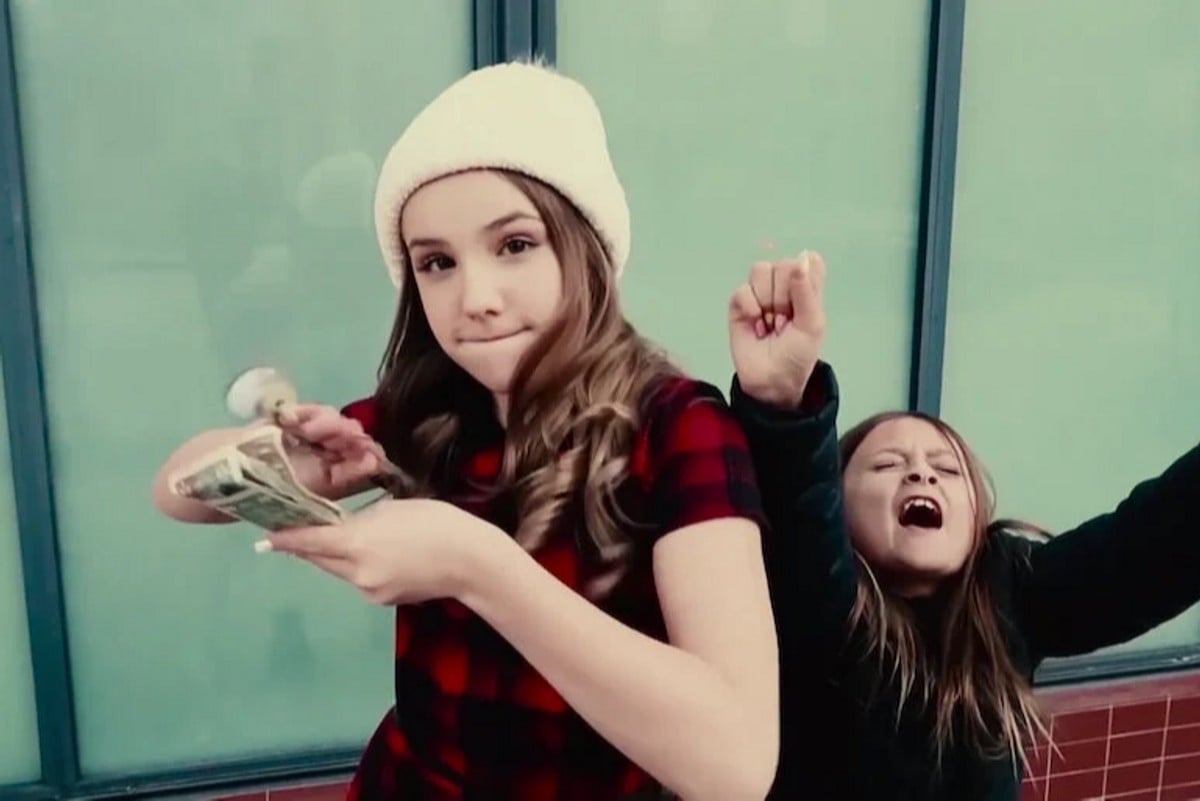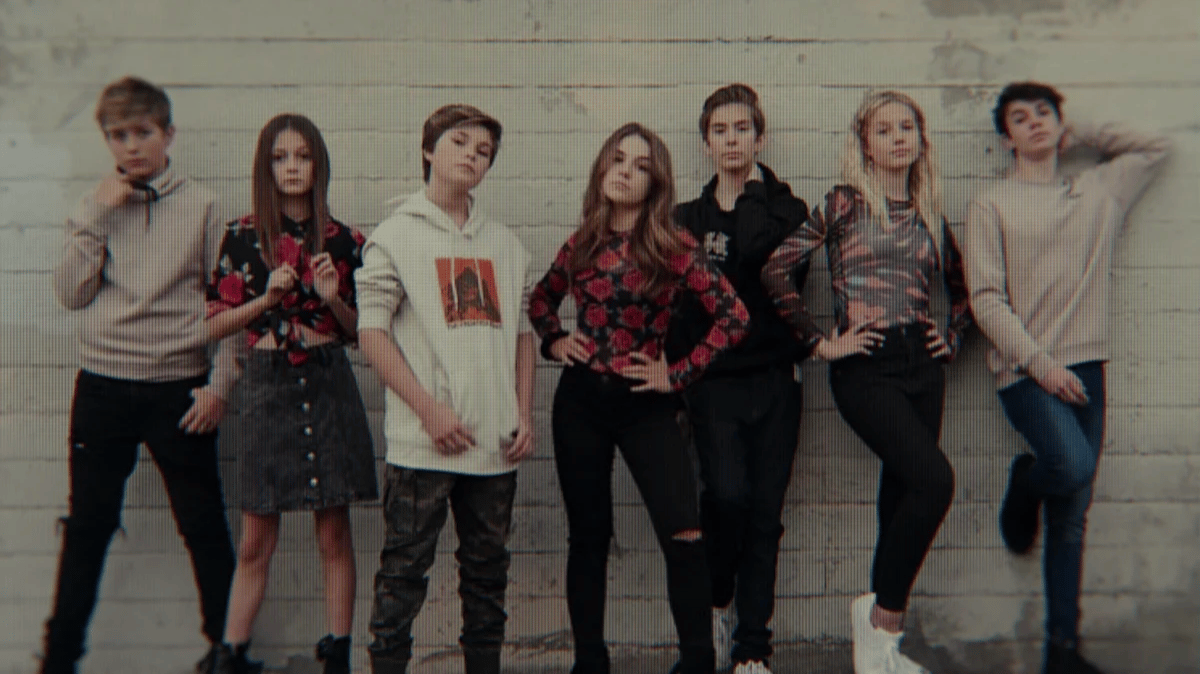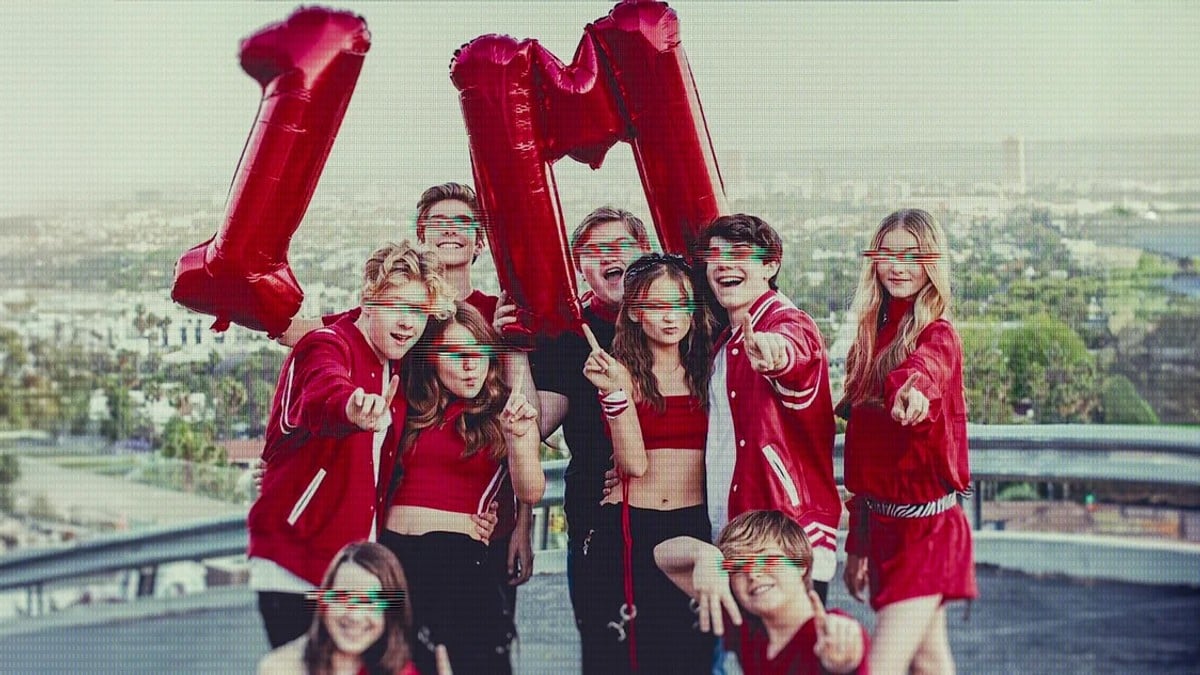
Glittery bedroom backdrops. Choreographed dances. Thumbnail images designed to capture millions of clicks.
This was the world Piper Rockelle inhabited as her childhood was documented, packaged and monetised for the entertainment of strangers. Her videos — often featuring bikini try-ons, dancing, and crush pranks — generated millions of views and, consequently, significant revenue.
Behind the camera stood her mother, Tiffany Smith, orchestrating every aspect of her daughter's growing empire. But as Netflix's new documentary series Bad Influence: The Dark Side of Kidfluencing reveals, what happened off-camera was far more disturbing than the content that made it onto YouTube.
Watch the trailer for Bad Influence: The Dark Side of Kidfluencing. Article continues after video.
Bad Influence doesn't just tell Piper's story — it exposes an entire industry built on exploiting children for profit, with virtually no regulation or oversight. Directors Jenna Rosher and Kief Davidson investigate the phenomenon of child influencers, uncovering a pattern of exploitation that extends far beyond a single family.
Central to Piper's content empire was the "The Squad" — a rotating group of young teens recruited by Tiffany, who became supporting characters in her videos. Former Squad members and their parents speak candidly about their experiences in the documentary, describing a pressure-cooker environment and alleged abuse at the hands of Tiffany.

































































































